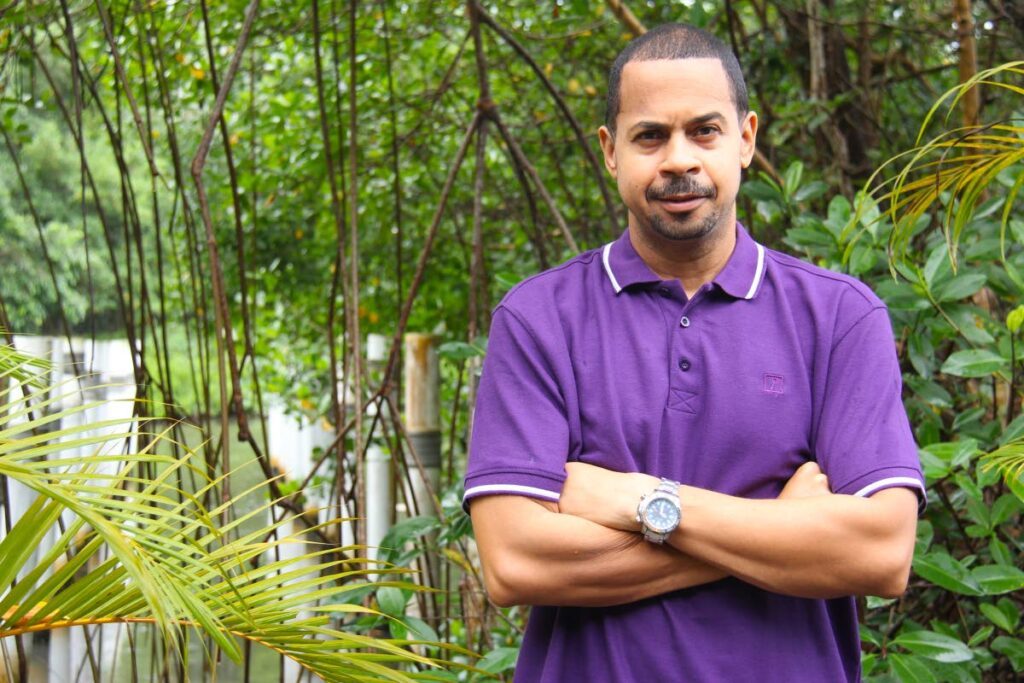Treating school violence

Paolo Kernahan
NOW AND then videos depicting school violence bubble to the surface.
Student misbehaviour is merely a reflection of societal decay – the classroom being a microcosm of the community, village, town, city and nation.
The routine act of driving is to be exposed to aggression – people cuss you with throaty effin' and jeffin' because you're too slow. They force you off the road as they overtake. In line at the grocery or the Kentuckry, people force their way in front of you and toss you glowering looks just to make sure you aren't inspired to reprimand them for their antisocial antics.
Children are sponges. In their formative years, they're constantly absorbing stimuli around them, both good and bad. Much of what they see shapes their view of life – how they should behave, and what's considered normal or appropriate. They see parents, relatives and neighbours in heated, sometimes physical, clashes. Their social media "role models" who are invited to speak at schools are paragons of perversion.
As adults, many of us are short on coping skills to navigate an increasingly demanding world. The emotional maturity and mental toughness to endure modern living – dreaded commuting, higher cost of living, mounting crime, etc – aren't all that common.
Grown folks struggle to master their emotions and bridle anger responses in challenging situations.
How can we expect any difference from children whose psychological development is either in process or stunted altogether?
When children get into violent confrontations in school, it's natural to focus on the explosive outbursts, not the sources of ignition. If teachers are in the firing line, nobody cares what triggers combative, confrontational posturing.
If you raise your voice at a teacher in a threatening manner, that should be your last day of education. It's not an unfair sentiment to indulge even if it doesn't fix the problem of rogue students who seem more programmed for brawling than learning.
The proliferation of smartphones spreads videos of knock-down drag-out fights between and among students.
This "content" can convey the impression that it's a new and ongoing wave of anarchy. Several years ago I reported on more occasions that can be counted about extreme incidents of school violence – in some cases gangs were infiltrating these schools. This is a scourge which has been in gestation for decades.
In many ways, the evolution of school conflicts has paralleled the inexorable rise of the murderous criminal element. Left untreated, problem children in the school system will graduate right into the open arms of the killer elite.
Even when I was in school, fights were a normal feature of the testosterone-fuelled landscape of identity development and territorial assertiveness. In my time at Fatima College there was at least one incident in which a student was stabbed; although he was just punctured by the half-inch-long spike on a pair of compasses. It was less a stabbing and more a prick. Speaking of pricks, politicians past and present failed to come to grips with this burgeoning problem.
For the most part teachers, without any self-defence training or advanced urban hand-to-hand combat skills, are left to deal with an increasingly emboldened, unhinged student cohort. In the case where MTS guards are at these schools, they are rarely seen in these videos breaking up vicious fights or talking down wound-up students menacing teachers. In all fairness, it can also be argued that such responsibilities fall outside their job description.
Minister of Education Nyan Gadsby-Dolly, in response to the most recent incidents in school, suggested it's time to talk about national service to deal with delinquent students.
With politicians, there's always time for more talk – and this kind of populist drivel is precisely the brand many people would go for.
"Yeah! Straighten them out with some good military service in dey skin!"
What's probably a better strategy, certainly beyond talking, anyway, is to introduce conflict-resolution and life-skills classes in all schools. Modules could be developed to instruct students on how to cope with their anger. They could be taught to process what they're seeing in their communities and be given examples of appropriate responses to volatile scenarios. Additional modules could focus on mediation, time management skills, financial literacy and, yes, sex education.
It's time to take an enlightened approach to confronting school violence. These children can't simply be purged from schools or warehoused in some fanciful but flawed national-service scheme.

Comments
"Treating school violence"